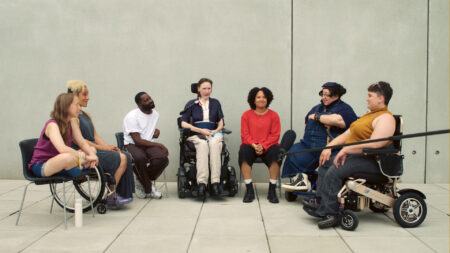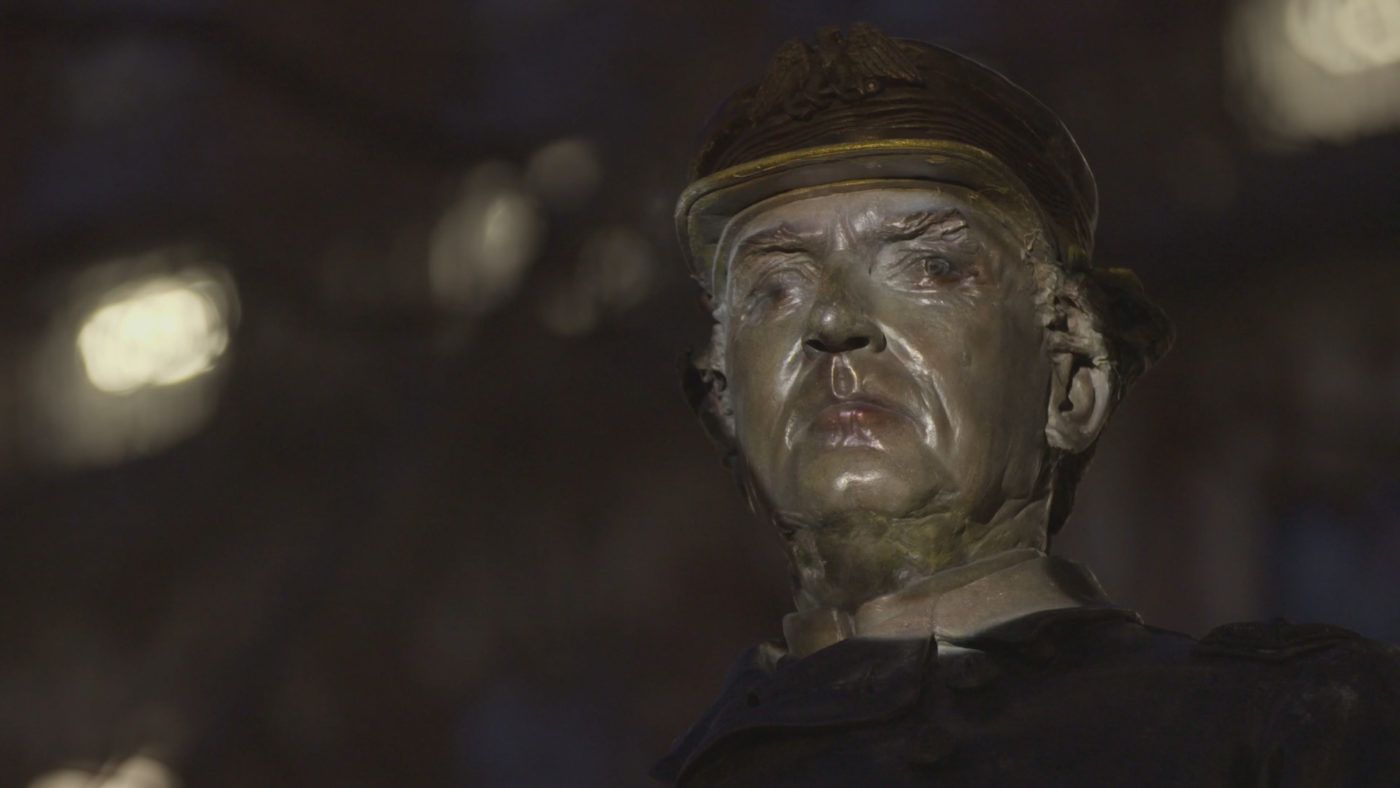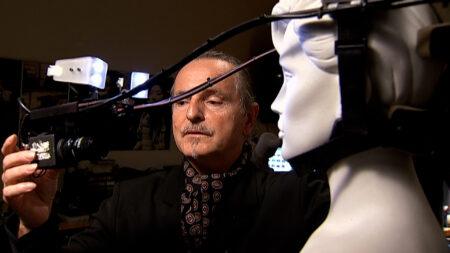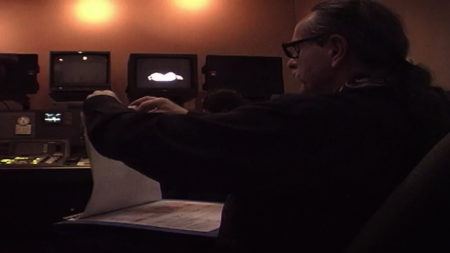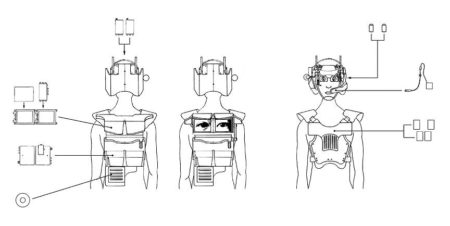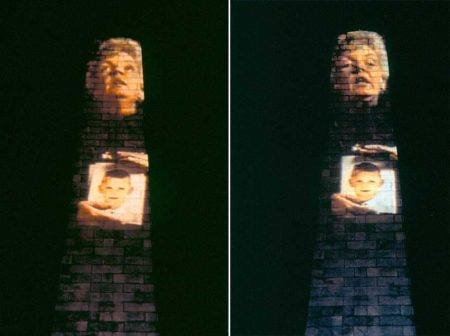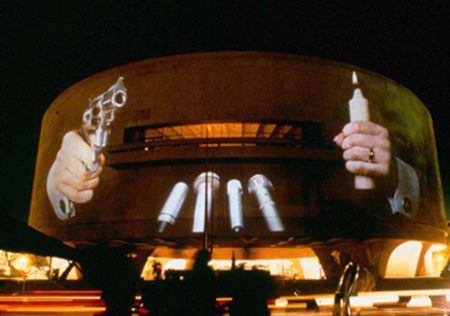Krzysztof Wodiczko
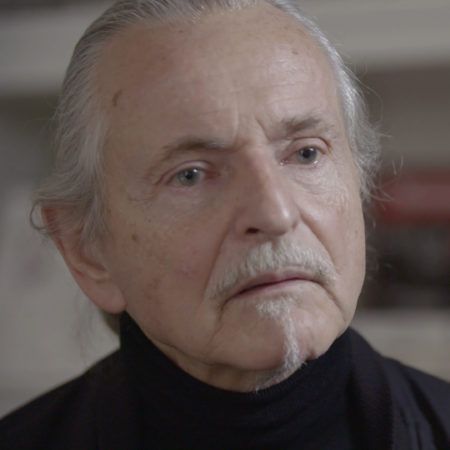
Krzysztof Wodiczko was born in 1943 in Warsaw, Poland, and lives and works in New York and Cambridge, Massachusetts. Since 1980, he has created more than seventy large-scale slide and video projections of politically charged images on architectural façades and monuments worldwide. By appropriating public buildings and monuments as backdrops for projections, Wodiczko focuses attention on ways in which architecture and monuments reflect collective memory and history. In 1996, he added sound and motion to the projections, and began to collaborate with communities around chosen projection sites—giving voice to the concerns of heretofore marginalized and silent citizens who live in the monuments’ shadows.
Projecting images of community members’ hands, faces, or entire bodies onto architectural façades, and combining those images with voiced testimonies, Wodiczko disrupts our traditional understanding of the functions of public space and architecture. He challenges the silent, stark monumentality of buildings, activating them in an examination of notions of human rights, democracy, and truths about the violence, alienation, and inhumanity that underlie countless aspects of social interaction in present-day society. Wodiczko has also developed “instruments” to facilitate survival, communication, and healing for homeless people and immigrants; these therapeutic devices—which Wodiczko envisions as technological prosthetics or tools for empowering and extending human abilities—address physical disability as well as economic hardship, emotional trauma, and psychological distress.
Wodiczko heads the Interrogative Design Group, and is Director of the Center for Art, Culture, and Technology, at the Massachusetts Institute of Technology. His work has appeared in many international exhibitions, including the Bienal de São Paulo (1965, 1967, 1985); Documenta (1977, 1987); the Venice Biennale (1986, 2000); and the Whitney Biennial (2000). Wodiczko received the 1999 Hiroshima Art Prize for his contribution as an artist to world peace, and the 2004 College Art Association Award for Distinguished Body of Work.
Videos 5
-
Krzysztof Wodiczko
Read
Galleries
“We have to help [monuments] to be useful for the living, making them relevant to us so we can build a future—the better future.”
Krzysztof Wodiczko
